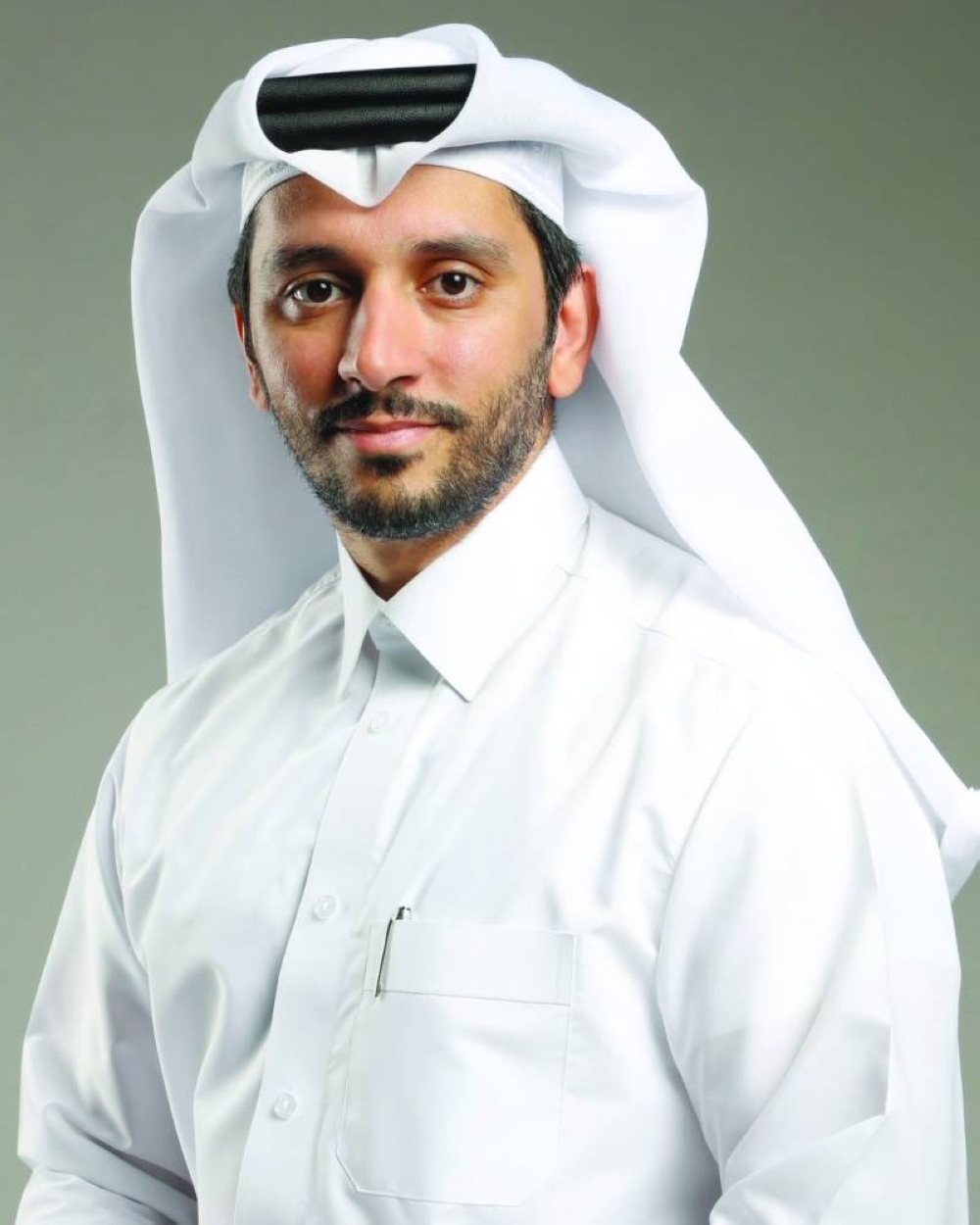Delegates at last month’s IMF summit discussed the mixed economic data from a globalised economy, and the likely impact of tariffs as many politicians move away from free trade policies. The subject of Donald Trump hung over every discussion
As US voters go to the polls to decide their next President, the decision they make will have momentous consequences, domestically and globally. This may sound like hyperbole but, having just returned from Washington DC to attend the IMF summit, I don’t think so. This week’s election really matters.
The possibility of a win for candidate Donald Trump raises the prospect of trade wars which, in addition to the negative impact on trade, could cause relations between the major powers to deteriorate further. He has called for sweeping 20% tariffs, and 60% tariffs on Chinese imports. Conservatives in the US complain that trade terms have been non-reciprocal and unfair, leading to US trade deficits, notably with China.
The higher trade tariffs proposed by Trump would knock 0.8% off global GDP growth in 2025, and 1.3% in 2026, the IMF has warned. The projection was not the worst-case scenario, according to Pierre-Olivier Gourinchas, the IMF’s top economist, ‘because we’re assuming that it stops after one round’, he told the Financial Times.
There is strong support for tariffs on the right wing of US politics. The Project 2025 manifesto drafted by US conservatives, although not specifically endorsed by Trump, calls for an end to support by the US Government for the World Bank and the IMF, the two Bretton Woods institutions set up after the Second World War and which have encouraged free global trade, as well as loans and other support for lower-income countries.
From outside the US, the appeal of a verbally abrasive figure like Trump, opposed to free trade in a great capitalist nation, can be puzzling. Having just returned from the US to attend the IMF summit, I received a glimpse as to the appeal of Trump. He is seen as someone who will fight for them on the world stage, who will put America first, as they would express it. They expect the economy to be strengthened by his interventionist approach. His long-running campaigns to reduce in relative terms the US contributions to the Nato budget compared with other members, and to address the trade deficit with China, lands well with many voters.
Another feature is that the liberal agenda supported by the Democrat party is unpopular with many US citizens, not only white evangelicals. The ‘woke’ campaigns on certain rights and abortion policies are opposed by many in the Muslim and Catholic communities, many of whom are second or third generation immigrants. One can also encounter anti-immigration attitudes among second generation immigrant families, who fear undocumented people taking their jobs and being able to vote.
There is a significant level of scepticism about climate change in the US, and support for the oil and gas industry. One of the complaints by authors of Project 2025 is that the World Bank and IMF invest too much in measures to counter climate change. In the investment community, appetite for the ESG (Environmental, Social and Governance) dimension has cooled.
For Middle East economies, a second Trump administration will be impactful. His policies are likely to result in lower prices for oil and LNG as he plans significant increases in production by the US while ditching commitments on reducing greenhouse gas emissions. On geopolitics, while he would be a supporter of Israel, this does not necessarily alarm leaders in the Arab world, as it has the result that he would have more influence over the Israeli leadership when it comes to negotiating a peace deal.
Another unsettling feature for delegates at the IMF, and people around the world, is the likely closeness of the vote. A contested result could lead to challenges in the courts or even result in civil disorder, as in January 2021 when rioters stormed Capitol Hill, claiming that Trump had really won the 2020 election.
If Trump loses, that is not the end to his populist policies. The moves away from free trade towards protectionism, along with support for strict anti-immigration policies, appear to be a lasting strategic switch by conservatives, not only in the US but also in Europe.
The author is a Qatari banker, with many years of experience in the banking sector in senior positions.

